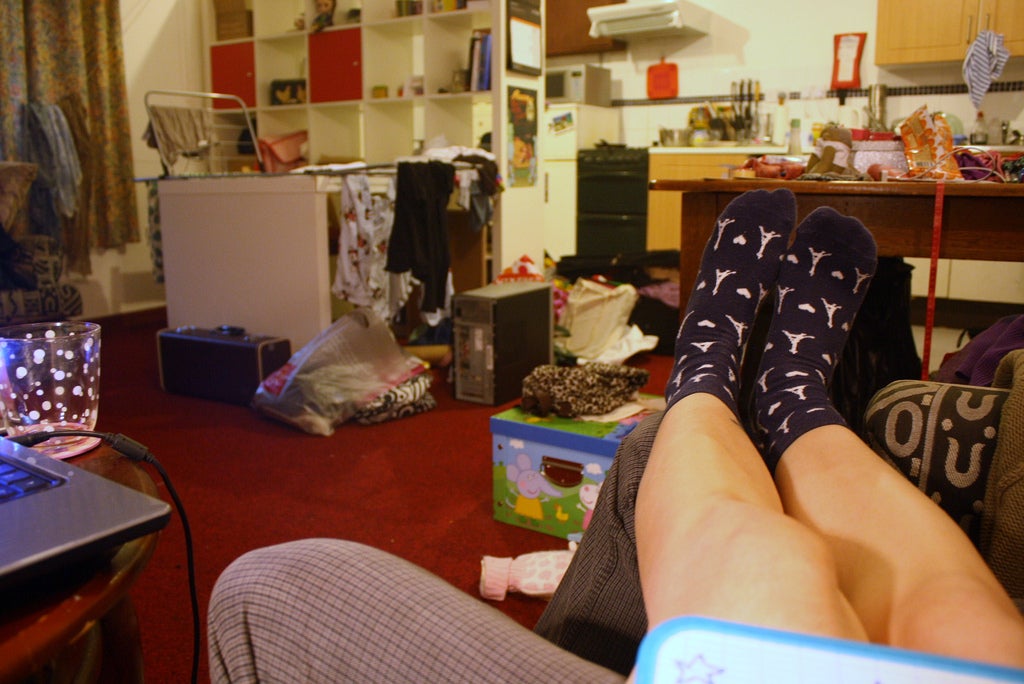Student housing checklist: The six things you must remember

Far too often, students are treated like scum by letting agencies and landlords. A lot of student unions are running campaigns to shame bad agencies, but there’s still a long way to go. This perpetual culture of swindling naïve and inexperienced students isn’t coming to an end anytime soon and the best way to protect yourself is to know your rights. Help yourself out by thinking pretty hard about the landlord, the letting agency, the housemates, the area, and the contract itself.
The housemates
It’s probably not a good idea to decide future housemates on the first night of term while holding back the hair of the girl from down the corridor. The key with finding compatible housemates is to not rush. Someone may be a great laugh on a night out, but if they never wash up or pay the bills you’ll probably be too bitter to binge watch House of Cards with them after a day of heavy lectures. Everyone’s best friends in freshers’ week, so wait until after Christmas to decide whom you’re willing to spend every day and night with.
Location, location, location (and safety)
Living near clubs and town may seem like a great idea in first year, but by third year the closer you are to the library the better. It’s not just convenience that’s key, but noise and safety. Living right by the Tuesday-night club is great fun once in a while, but not so great if you have a 9am lecture on Wednesday. Student houses are often crime targets due to their lax security and plethora of expensive gadgets. Check the house for fire alarms, carbon monoxide detectors too - safety really is key. If there are a lot of break-ins and assaults nearby, it’s not the place to be!
It’s all about the money
Find out the average for your city and decide if your house is really worth it. Be careful too: multiply the weekly rent by 4.3 (not 4) when calculating monthly costs. Check everything with the landlord too, know which bills are and aren’t included – and check the landlord’s record with giving back deposits. Student unions are great places to go to get advice on this, and often have a database on landlords in the area.
Landlord and letting agency
Talk to the current tenants where possible, and ask how reliable the landlord is. Find out how promptly they will they fix the shower and the leaky tap, find out how good they are at giving notice before turning up, and how good their general discourse is.
Check everything
Before putting pen to paper and signing on the dotted line, check absolutely everything in the property which your about to commit to. Look out for damp, ask to run a tap and check the water pressure. Find out if they’ve ever had an issue with pests. It’s also worth checking the quality of phone and Internet coverage. Ask the current tenants how quickly the house warms up. It sounds trivial, but it’s all the small things going wrong that bring down morale.
Read the fine print
Check your contract with a fine-tooth comb (or get your parents to). Make sure you’re aware of what you’re expected to maintain and what the landlord is. Most importantly, know your rights. A landlord can’t just turn up at your door and let themselves in unannounced (although it happens a lot). They must provide basic things like running water. It sounds simple, but letting agencies can tend to ignore this.
If in doubt, Shelter, Gov.UK and NUS are great resources for learning tenant rights.
Subscribe to Independent Premium to bookmark this article
Want to bookmark your favourite articles and stories to read or reference later? Start your Independent Premium subscription today.

Join our commenting forum
Join thought-provoking conversations, follow other Independent readers and see their replies